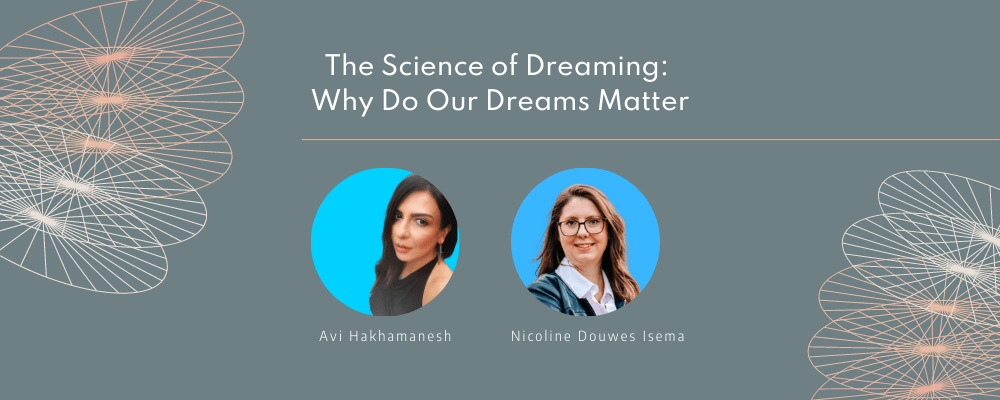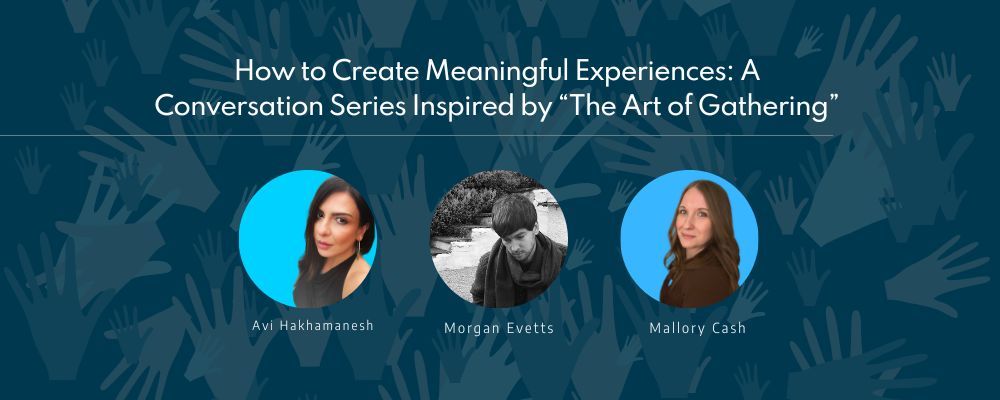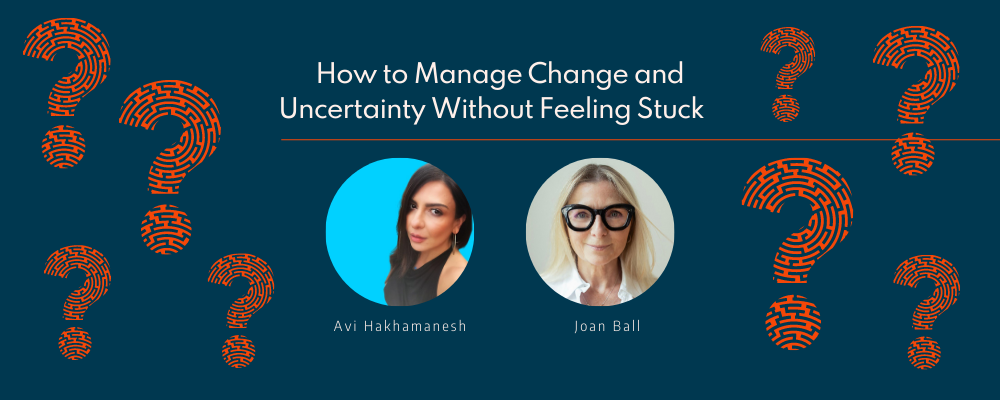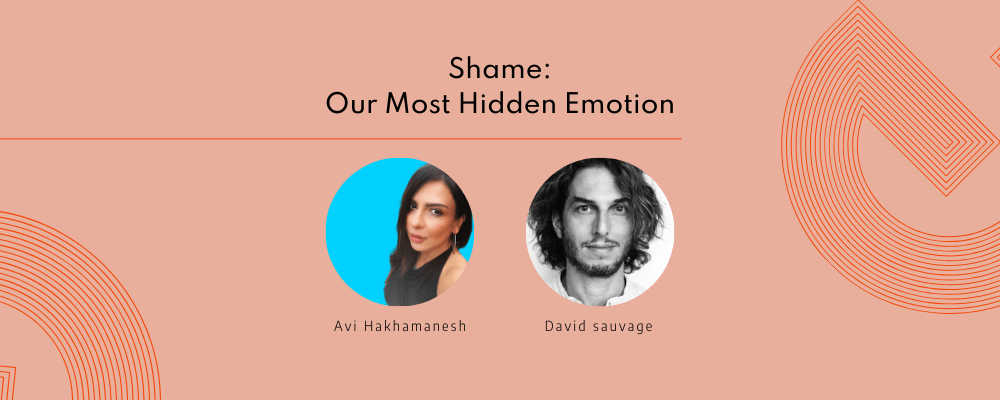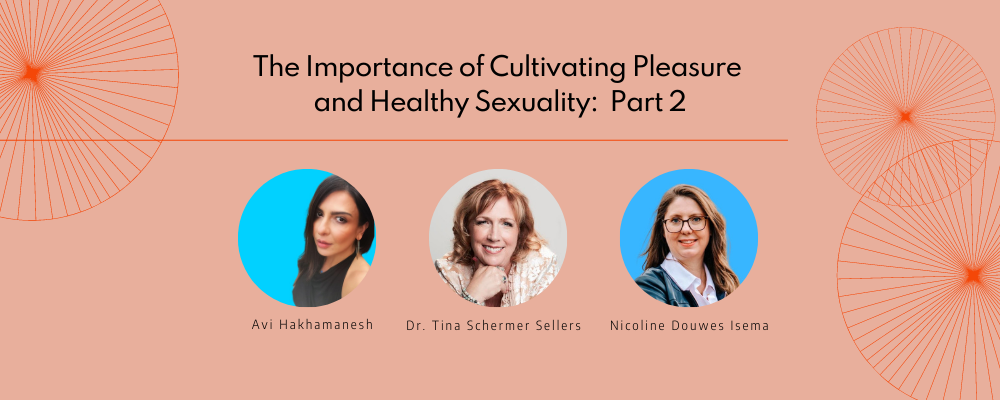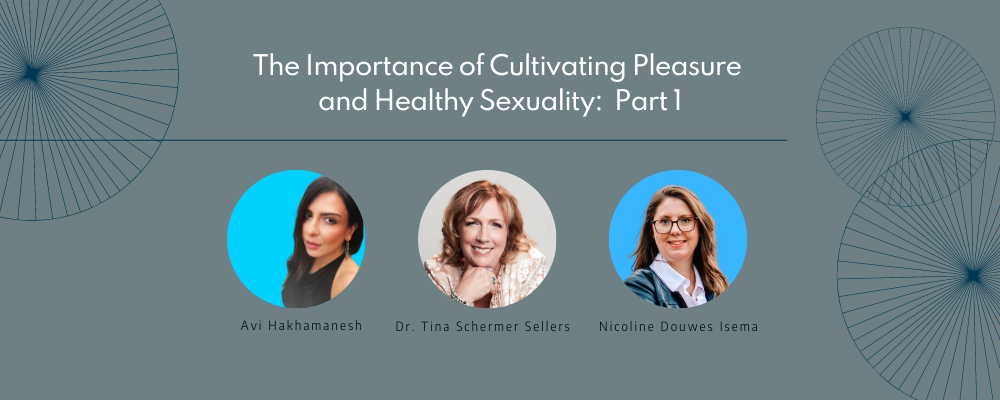The Science of Dreaming: Why Our Dreams Matter?
Recent Conversations
Since the dawn of time, dreams have been a fascinating and intriguing element of the human experience. But what are dreams, exactly? What is happening with our brain while we are sleeping and dreaming? And why does all of this matter? Join us to learn about the science of your sleeping and dreaming brain, and the benefits of paying more attention to your dreams.
For this conversation, I’m joined by my friend and dream expert Nicoline Douwes Isema, who will share her insights on the power of our sleeping and dreaming brain.
For a brief overview of key points we discussed, check out the Savvy Takes section below.
SAVVY Takes
What is Happening With Our Brain While We Sleep and Dream?
Although there are many theories about what dreams are, it’s challenging to describe or define dreams. Nicoline thinks of dreaming as “a way of thinking” while we are asleep.

There are two main differences between the way our brain processes during the day and while we sleep at night.
- While we sleep, our body rests, and we are not focused on doing anything, so our sleeping brain directs its attention on making random and unexpected connections. And this activity gets us out of our normal, linear, and logical way of thinking.
- As the logical part of our brain takes a back seat, the emotional parts of our brain take center stage. Our emotions are uninhibited in this mode, which is the reason our dreams can get intense.
This gives us the opportunity for very connective, creative and out of the box thinking, as our emotions have the freedom to fully integrate into this process.

Even quiet time, whether we are meditating, sitting, relaxing, or even while we are taking a shower, can provide us with a bit of rest from constant “doing” and offer similar benefits.
We have 90-minute sleep cycles, which repeat throughout the night. We spend part of our sleeping hours is deep sleep, which helps us consolidate our memories from the day and reinforces what we have observed. Other times, we are in REM sleep, where are brain is in its most creative mode, making unexpected connections.
During the first hours of sleep, we have a lot of deep sleep and a small bit of REM sleep (around 5-10 minutes out of the entire 90-minute cycle.) But that shifts through the night, and the majority of our REM sleep happens during the early morning hours, and more specifically within the last hour of sleep.
If we allow ourselves to sleep as long as needed instead of waking up with an alarm clock, we can capture a full hour of REM sleep during our last hour. But if we cut our sleep short, we’re basically cutting off the biggest part of our REM sleep.

This means by just sleeping one hour less, we might end up eliminating almost half of our REM sleep every night.
If we are intentional in using our sleeping intelligence, we have the chance to use our deep awareness, uninhibited emotions and access to our unconscious intelligence, to connect more deeply to ourselves and our intuition.
Therefore, our sleeping hours and dreams can be powerful tools for decision making, since our decisions will be come from the deepest parts within ourselves.
Although there is solid scientific evidence and examples of how dreams can be used for creative problem solving, our culture is moving very slowly in towards embracing these concepts. And this is the reason I’m so passionate about sharing these insights with you.
Given the intuitive, precious and fragile nature of our dreaming minds, Nicoline encourages us to focus less on those questions, and more on how we unpack these experiences and use them as the starting point for deeper exploration.
If you are interested in trying the concepts we discussed at home, below are steps for her recommended approach for working with your dreams on your own.
How to Work With Your Own Dreams
The initial step in this process is implicit and involved giving yourself permission to take your dreams as real experiences, even though they don’t happen during waking hours. So instead of dismissing them, or pushing them away, you can think of them as the start of an exploration.
- Set an intention: Is there a specific problem you want to solve, or a challenge that has you feeling stuck? Or a particular project that needs inspiration? Or do you feel you might be missing something, but have no idea what it is,
Consciously phrase an open-ended question to yourself, with the intention of working on it while you are asleep. - Capture the contents of your dream: Write it down while it’s fresh in your mind, or create a voice recording of it on your phone. In addition to helping you remember your dreams, this step trains you to translate your unconscious thinking process at night to your conscious thinking process during the day. Also, using words can help solidify your thoughts, and make more sense of them.
Write down not only your dream, but your thoughts or feelings as soon as you wake up, even before you get out of bed. - Review what you’ve captured, by re-reading it, or having your friend or partner repeat it back to you. Sometimes, parts of what you’ve captured will make sense. And other times, they won’t. At times, your dreams will start to make more sense in a few days, or weeks. The result of this process might also come to you as an idea, or a deep feeling about something. The point is to use what you‘ve captured for further exploration.
And pay close attention to the exact words used when describing your dreams. In some cases, you might be using metaphors that are aligned with certain emotions. For example, you might use the word “flooded” as in “I was flooded” which describes a feeling of being overwhelmed. Also, since dreams are often visual, the visualizations have a way of sliding into your word choice and language as you describe them. So this step can really help you tap into the underlying themes of the dream.
This is a practice that becomes easier and more effortless with time. And mastering this practice will help you gain access to insights you wouldn’t have otherwise. And that is powerful, and empowering.

